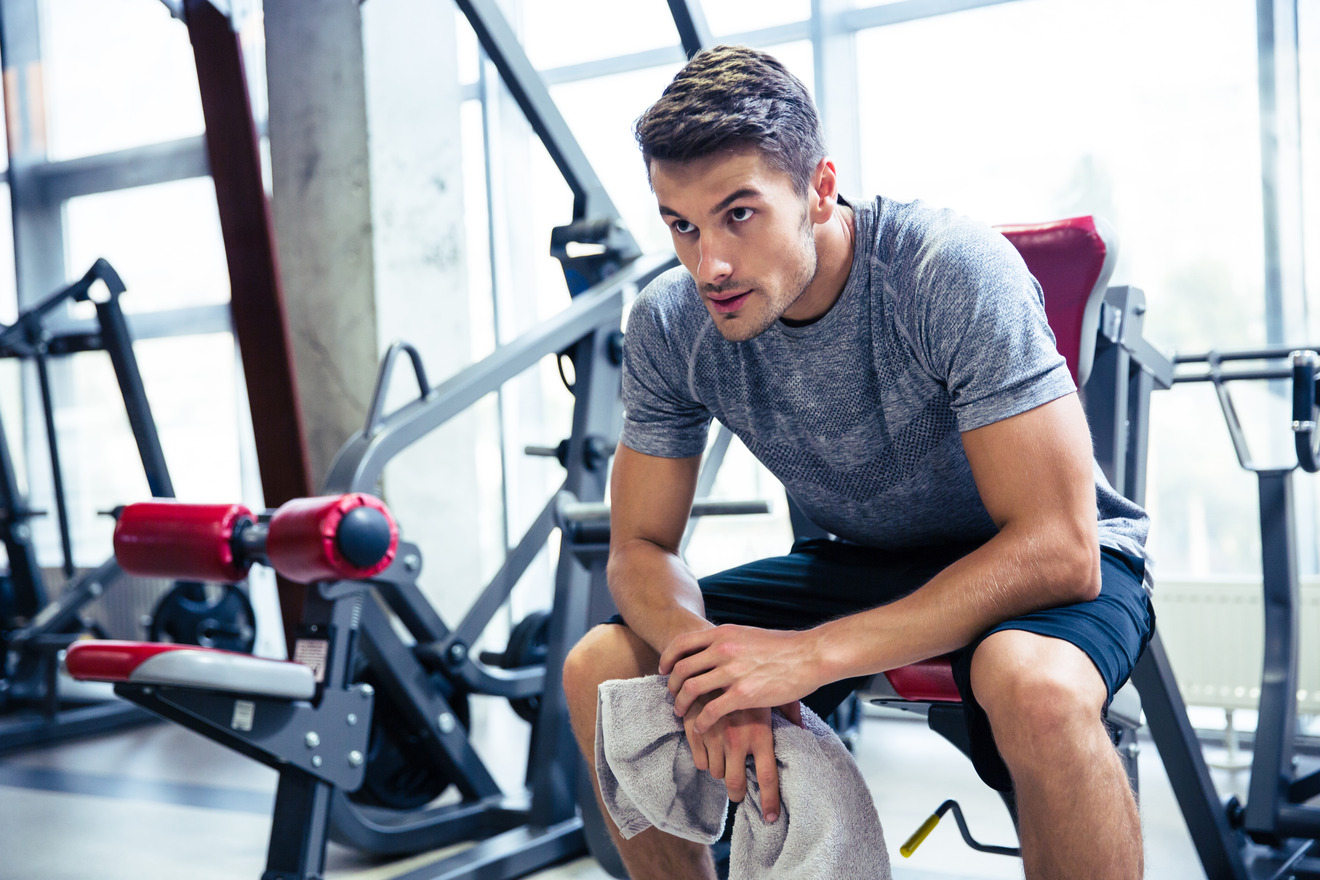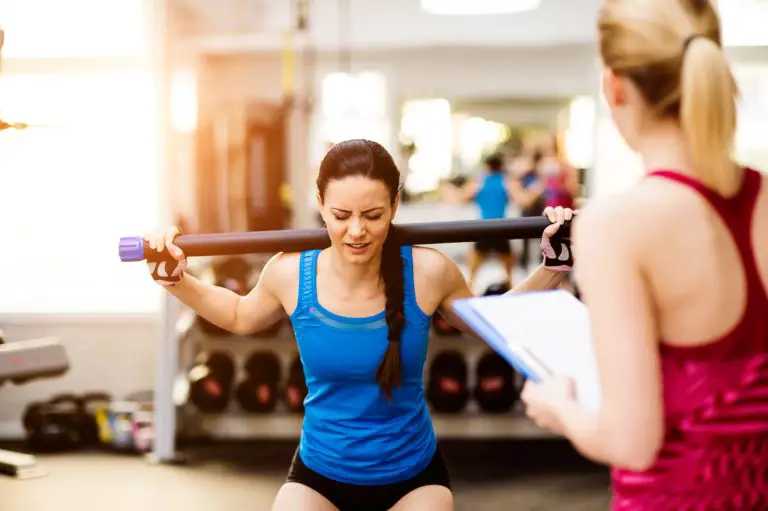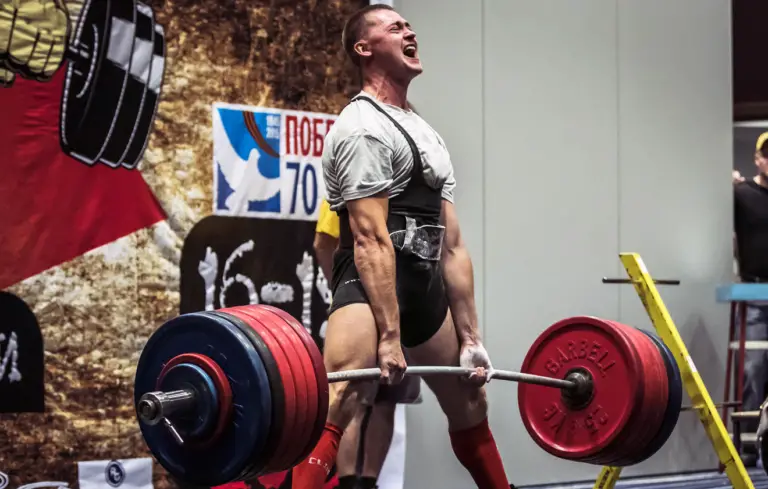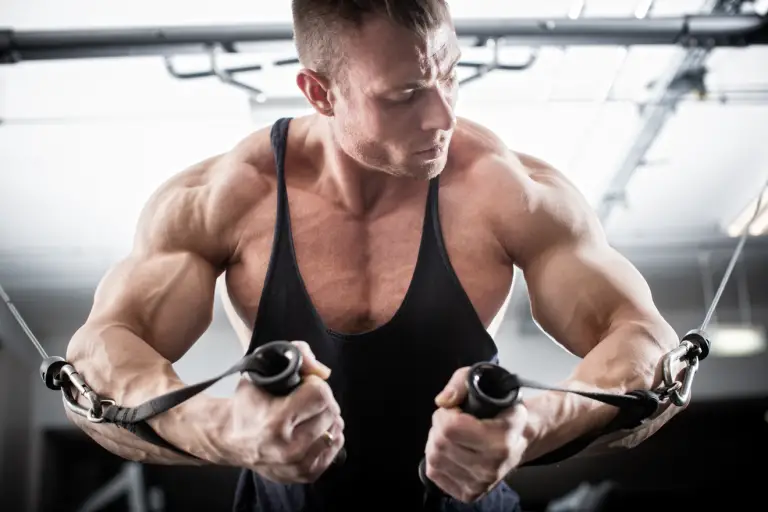How to stop seasonal allergies from derailing your gym progress
Key takeaways
- Seasonal allergies can cause fatigue, poor sleep, and inflammation—all of which can impact training performance.
- Gym-goers may see reduced strength, endurance, and recovery if allergies are unmanaged.
- There are both short- and long-term potential solutions that lifters can use to reduce allergy symptoms.
- Long-term strategies like immunotherapy may support uninterrupted training year-round.
Allergies: The Hidden Saboteur of Your Strength Gains
When it comes to building strength and muscle, most lifters focus on progressive overload, nutrition, and recovery. But there’s a stealth factor that can quietly wreck your consistency, reduce your performance, and hinder your gains—seasonal allergies.
If you’ve ever noticed unexplained dips in energy, focus, or breathing capacity during your workouts—especially in spring or fall—you’re not imagining it. Allergic reactions can directly affect your ability to train, recover, and make progress in the gym.
This article breaks down how allergies may interfere with your training and what you can do to stay strong year-round.
How Allergies Affect Your Training: Beyond the Sneezing
Allergic rhinitis is more than a runny nose. It sets off systemic immune responses that cause inflammation throughout your body, which can lead to:
- Reduced oxygen intake due to nasal congestion, impairing your breathing during lifting and cardio.
- Mental fog and poor focus, which increases the risk of injury during complex lifts.
- Systemic fatigue, which lowers your training volume, intensity, and recovery capacity.
For gym-goers, this may translate to:
- Feeling drained before workouts even start.
- Struggling to hit personal bests or complete your usual volume.
- Poor recovery between sets and sessions.
Several studies link allergic rhinitis to impaired physical function, cognitive ability, and sleep quality—all of which directly impact training outcomes.
Allergies and Sleep: The Muscle-Growth Killer
One of the most damaging effects of seasonal allergies is poor sleep. Congestion often worsens at night, leading to snoring, mouth breathing, and frequent awakenings.
Poor sleep may reduce growth hormone and testosterone production—two hormones critical for muscle growth and repair. It also may raise cortisol levels, which can promote muscle breakdown and fat gain.
Here’s what poor sleep from allergies means for lifters:
- Reduced muscle protein synthesis after training.
- Slower recovery from soreness and fatigue.
- Increased risk of overtraining, due to chronically elevated stress.
- Reduced motivation and mood, making consistency harder to maintain.
How Allergies Can Impact Your Workouts
For gym-goers, seasonal allergies can sometimes derail entire phases of training:
- Strength Training: Reduced sleep and oxygen intake sap the nervous system, decreasing your ability to lift heavy and maintain form.
- Hypertrophy Work: Chronic fatigue and inflammation lower your training volume and intensity, reducing the mechanical tension needed to stimulate muscle growth.
- Cardio Conditioning: Nasal congestion and chest tightness can limit oxygen delivery and endurance capacity.
When left unchecked, allergies can result in weeks—or even months—of subpar training.
Short-Term Allergy Hacks for Lifters
If you’re in the middle of allergy season, here are immediate tactics you can use to reduce their impact:
- Train indoors on high pollen days. Check your local pollen forecast.
- Take non-drowsy antihistamines 1–2 hours before workouts.
- Use a saline nasal spray to clear airways pre-gym.
- Time workouts earlier in the day, when pollen counts are usually lower.
- Shower and change clothes right after outdoor exposure to remove allergens.
- Scale back intensity if you’re feeling drained—maintenance is better than overreaching.
These small adjustments can make the difference between skipping workouts and staying on track.
Long-Term Potential Fix: Retrain Your Immune System
While short-term tactics help you cope, long-term lifters need a longer-term solution. That’s where allergy immunotherapy might be able to help.
Sublingual Immunotherapy (SLIT) is a process where you place small doses of allergens under your tongue daily to gradually retrain your immune system to stop overreacting.
For gym-goers, this potentially means:
- Fewer symptoms during peak seasons.
- Better breathing and oxygen delivery during both lifting and cardio.
- Improved sleep, allowing for stronger recovery and hormone regulation.
- Reduced systemic inflammation, meaning faster recovery and less fatigue.
- More consistency in your training schedule.
Most SLIT protocols last 3–5 years, but users may see improvement within months. It’s an investment, but one that can pay off in uninterrupted training and better long-term health.
Of course, speak to your doctor for clearance and a better understanding of SLIT before chasing it as an option. Your overall health is more important than gym gains.
Supplements That May Help
While not a cure, some supplements may help reduce inflammation or bolster immune tolerance:
- Quercetin: A natural flavonoid shown to stabilize histamine response.
- Vitamin C: Supports immune function and may help reduce severity of symptoms.
- Omega-3 fatty acids: Help lower systemic inflammation.
- Probiotics: Emerging evidence shows gut health can influence allergic response.
These won’t replace medical treatment but may complement it—especially when allergies start to flare.
Again, make sure to speak to your doctor before taking any supplements.
Try Not to Let Allergies Steal Your Gains
If you’re serious about training, you need to be just as serious about managing seasonal allergies. They’re not just an inconvenience—they’re a real obstacle to performance, recovery, and consistency.
By treating allergies proactively, you might be able to:
- Avoid missing sessions or skipping intensity.
- Recover faster between sets and workouts.
- Sleep deeper and support hormonal balance.
- Train harder all year long.
Take your training seriously enough to eliminate what’s holding you back. Your body is already doing the hard work in the gym—make sure it’s not fighting itself outside it.
However, always speak to your doctor carefully before opting for any solutions.
Train Smarter, Breathe Better
Seasonal allergies are common—but they’re often manageable. You might not have to suffer through every spring with brain fog, poor sleep, and reduced strength.
With a combination of smart strategies and long-term treatment, and your doctor’s advice, you might be able to keep progressing toward your fitness goals all year round.
Don’t let allergens decide your training schedule. Try to take control—and keep building.







